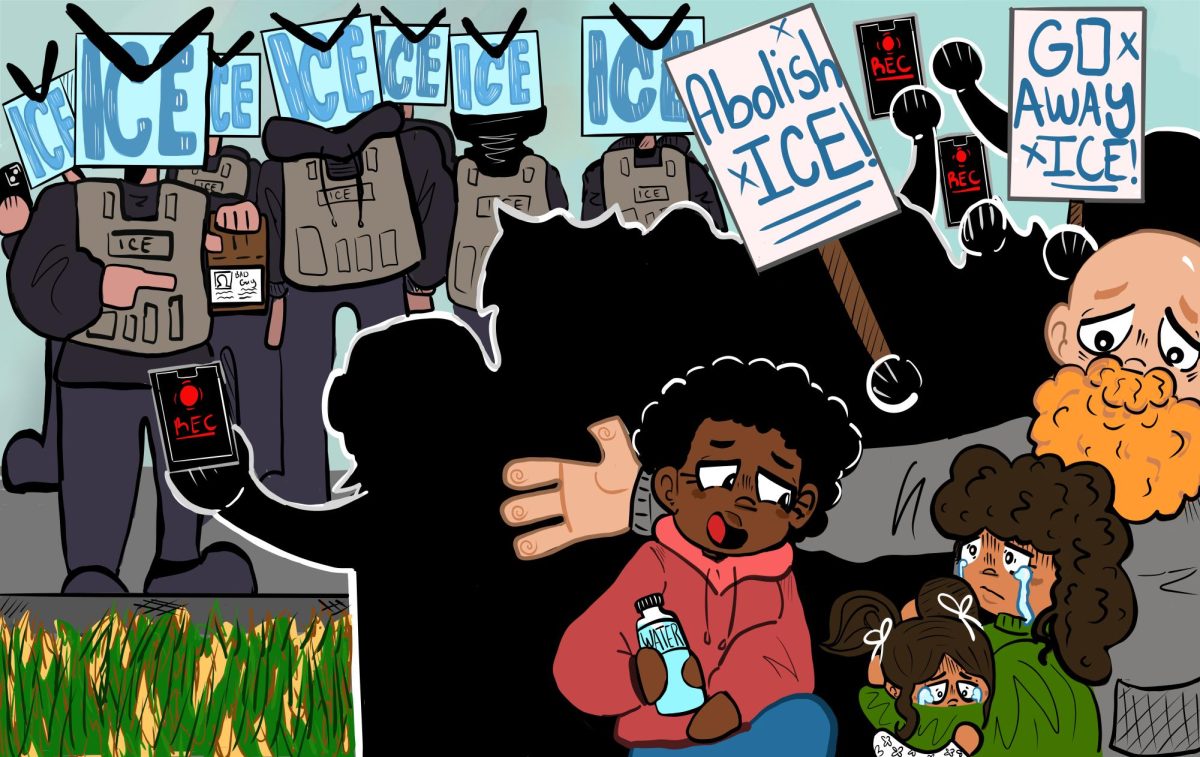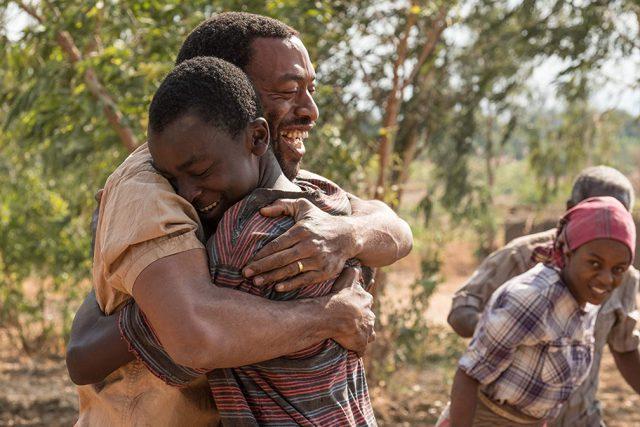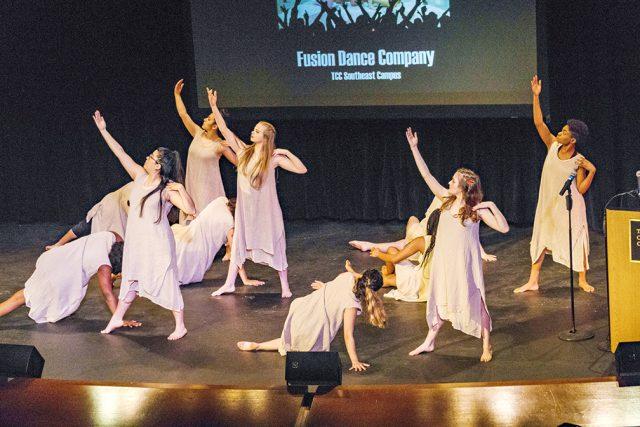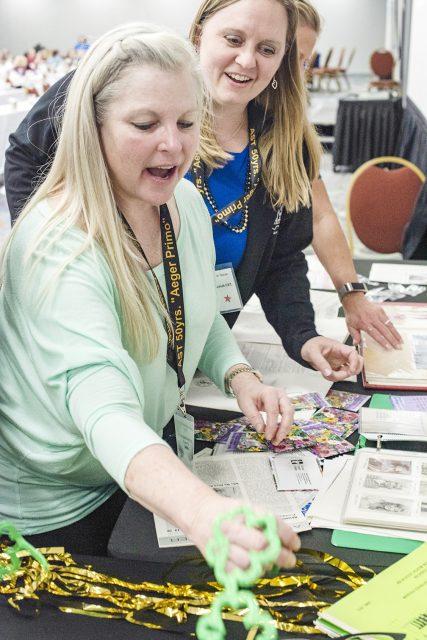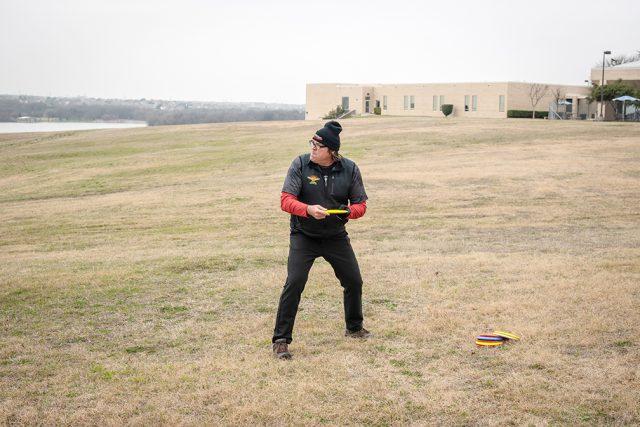By JW McNay/editor-in-chief
“Based on a true story” movies with an inspirational message can often be heavy-handed and predictable. However, the The Boy Who Harnessed the Wind avoids any major missteps and takes viewers on an emotional, uplifting journey.
The film is based on the life of William Kamkwamba, who lived with his family in Kasunga, Malawi. In the early 2000s, his village faced famine, and through library books, he learned how to build a wind turbine to aid in growing crops even when conditions weren’t favorable.
Netflix released the movie on March 1, which marks another solid entry to their expanding video library.
Chiwetel Ejiofor wrote, directed and starred in the movie playing William Kamkwamba’s father, Trywell. Ejiofor is best known for his 2014 Academy-award-nominated performance in 12 Years a Slave.
Ejiofor adapted the screenplay of The Boy Who Harnessed the Wind from the same-titled book of the real-life Kamkwamba. And authenticity seems to have been a key goal.
The majority of the dialogue is in the regional language of Chichewa, but there is also a decent amount of English. There are even exchanges that bounce back and forth between the languages from line to line.
While those who dislike reading subtitles may be perturbed, the use of the region’s authentic language should be applauded as movies too often ditch any attempt at realism.
As the title suggests, the viewer can expect Kamkwamba to harness the wind, which makes for a predictable turn of events near the end of the 113-minute runtime. But the plot’s focus is far more on the hardships and obstacles he faces.
Life in the village of Kasunga is depicted in a way that helps the viewer understand the culture to sympathize with them. Mostly farmers, the people rely on successful harvests to sustain their way of life. However, the weather and uncertainty of a decent harvest forces Kamkwamba’s family into a series of difficult decisions.
For example, school in the city is not free. Kamkwamba is a curious person and wants to learn as much as he can in science class but is not allowed to continue when his family is unable to pay the fees.
Trying to survive the famine, his family is only able to eat one meal a day and is faced with whether or not they can afford to feed the family dog. These hard decisions throughout the movie pull on the heartstrings without feeling like they’re presented as cheap exploitation.
Emotions run high for many of the characters and all of the actors do a skillful job of bringing out those emotions in many scenes. Desperation begins to weigh heavily on the viewer as it keeps piling on.
The film’s pacing is mostly fine, but the movie starts to feel a little long as each new obstacle gets in the way of Kamkwamba finishing the windmill. And when it’s finally time, the third act feels like it wraps up a little too quickly.
However, this is a minor gripe at most as the film justifiably focuses on the harsh realities of famine and survival, and the payoff is well worth the emotional roller coaster.
While the Kamkwamba family had many hard decisions to make, everyone else can make an easy decision and watch this movie.












